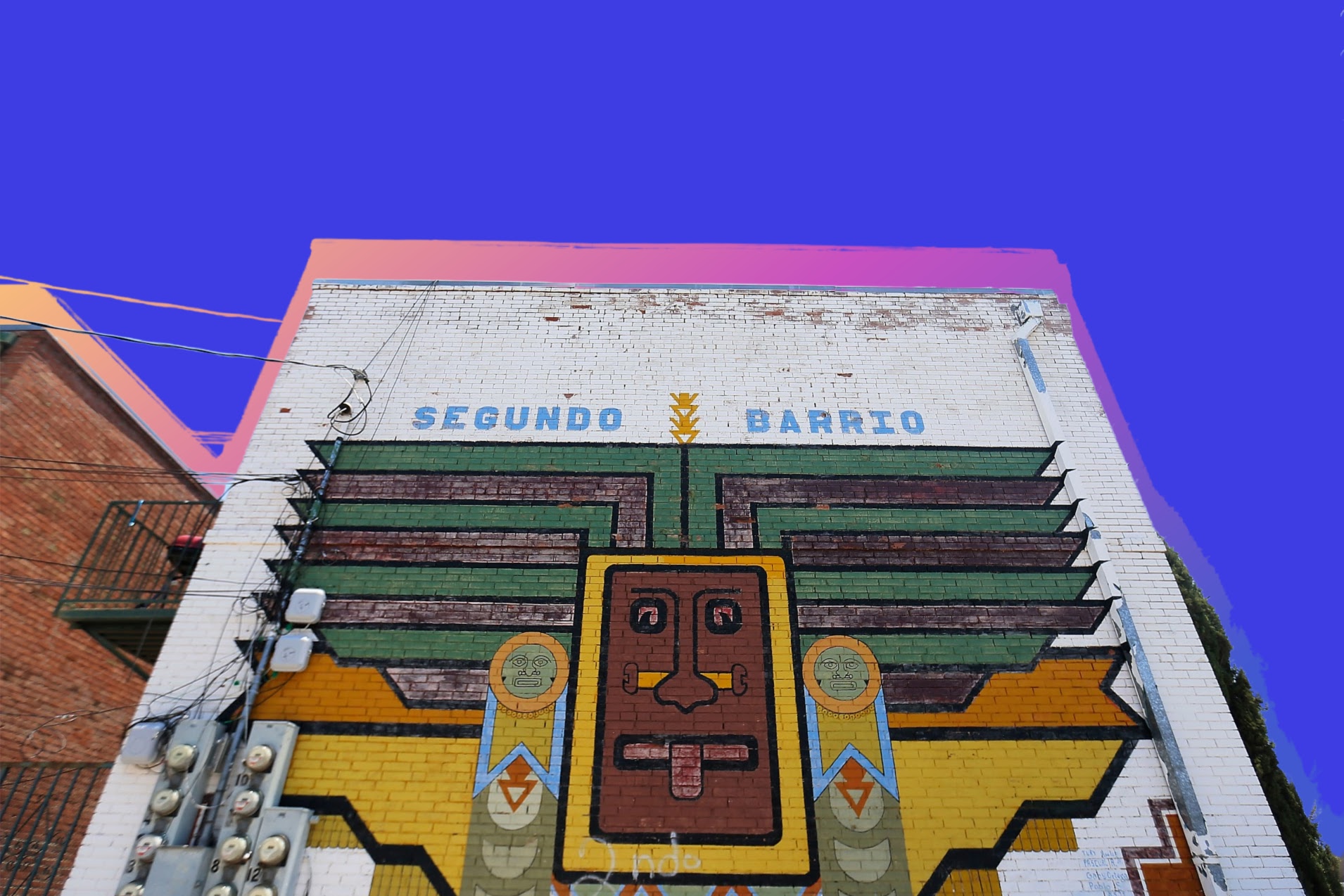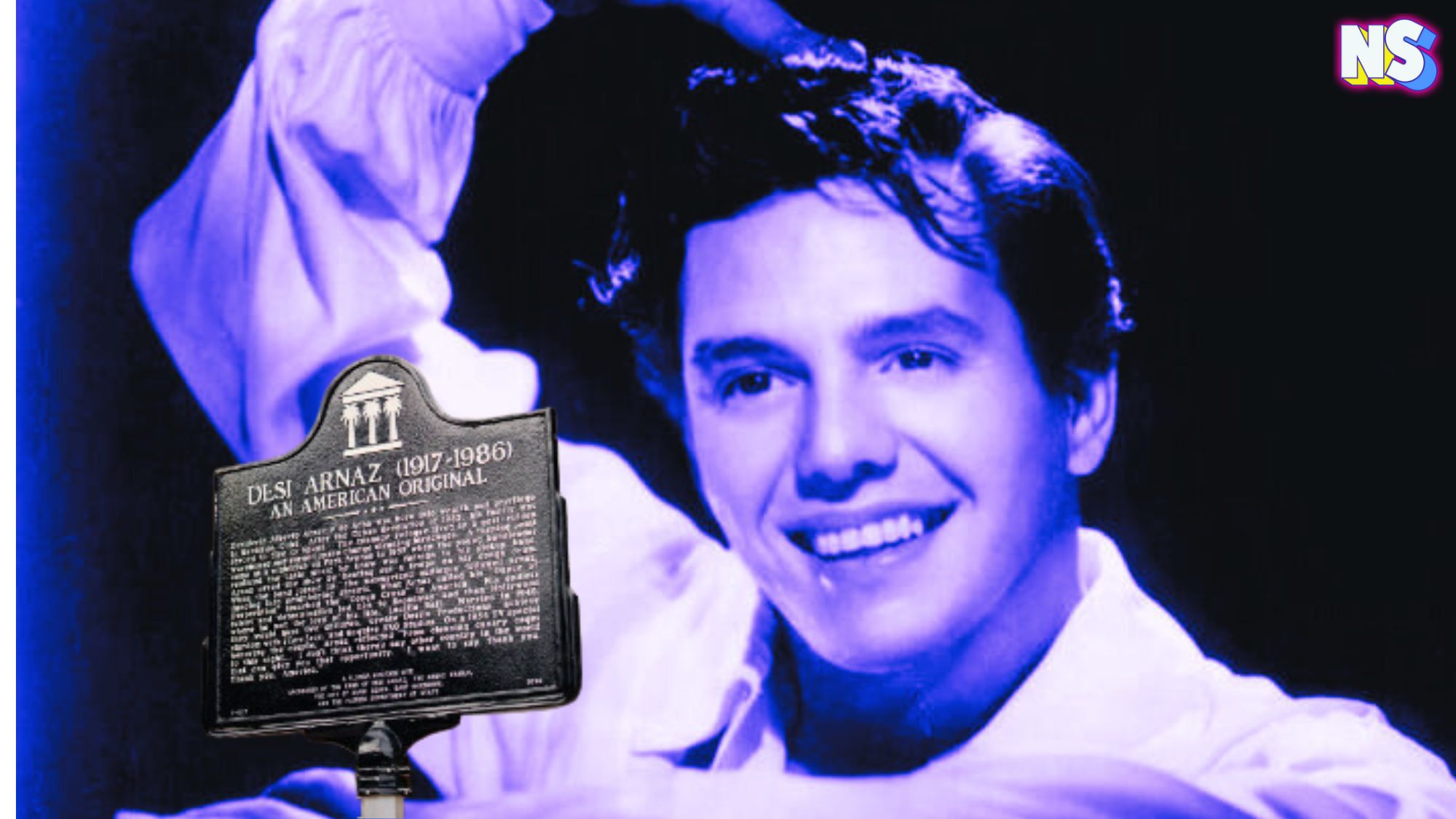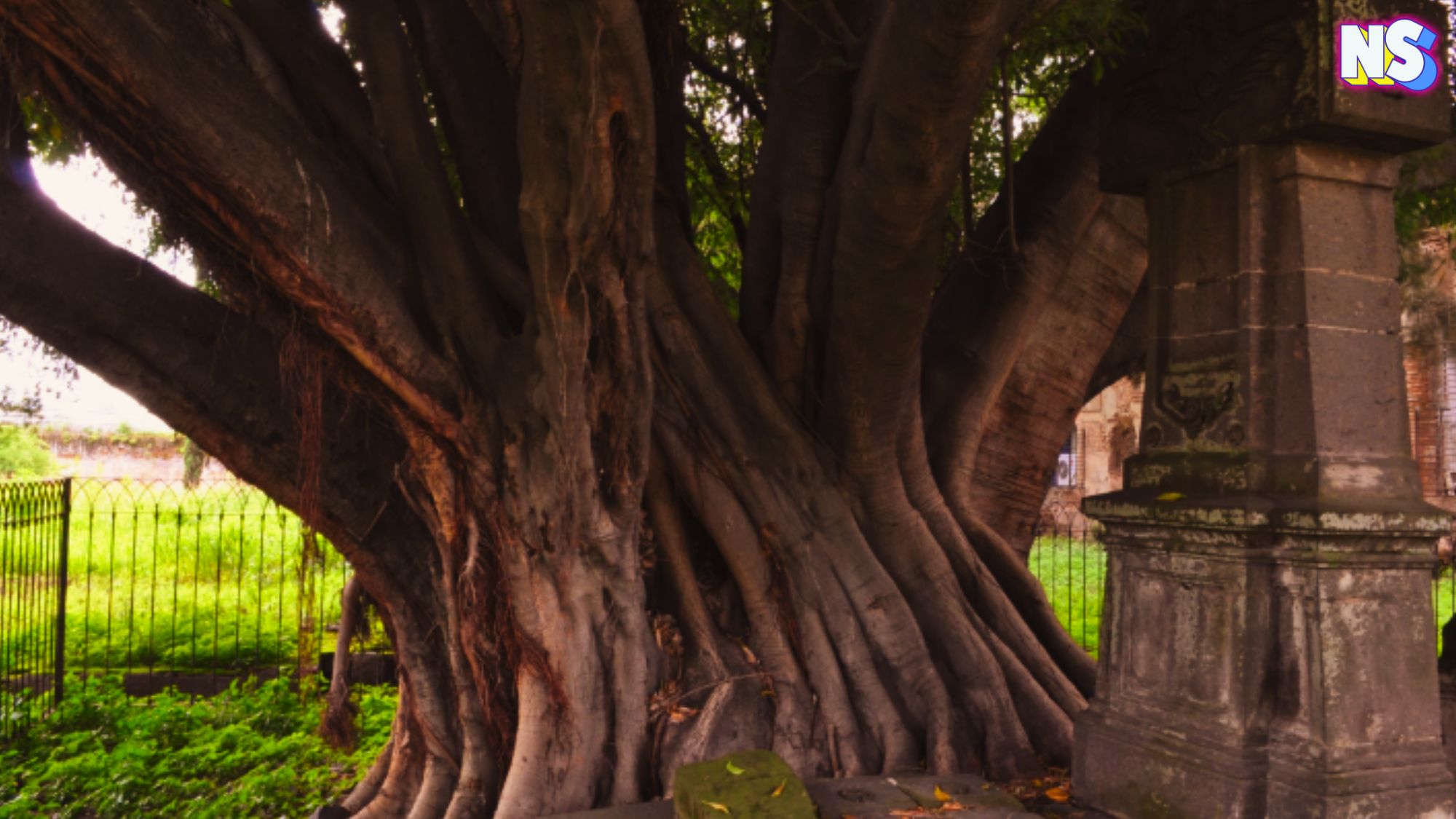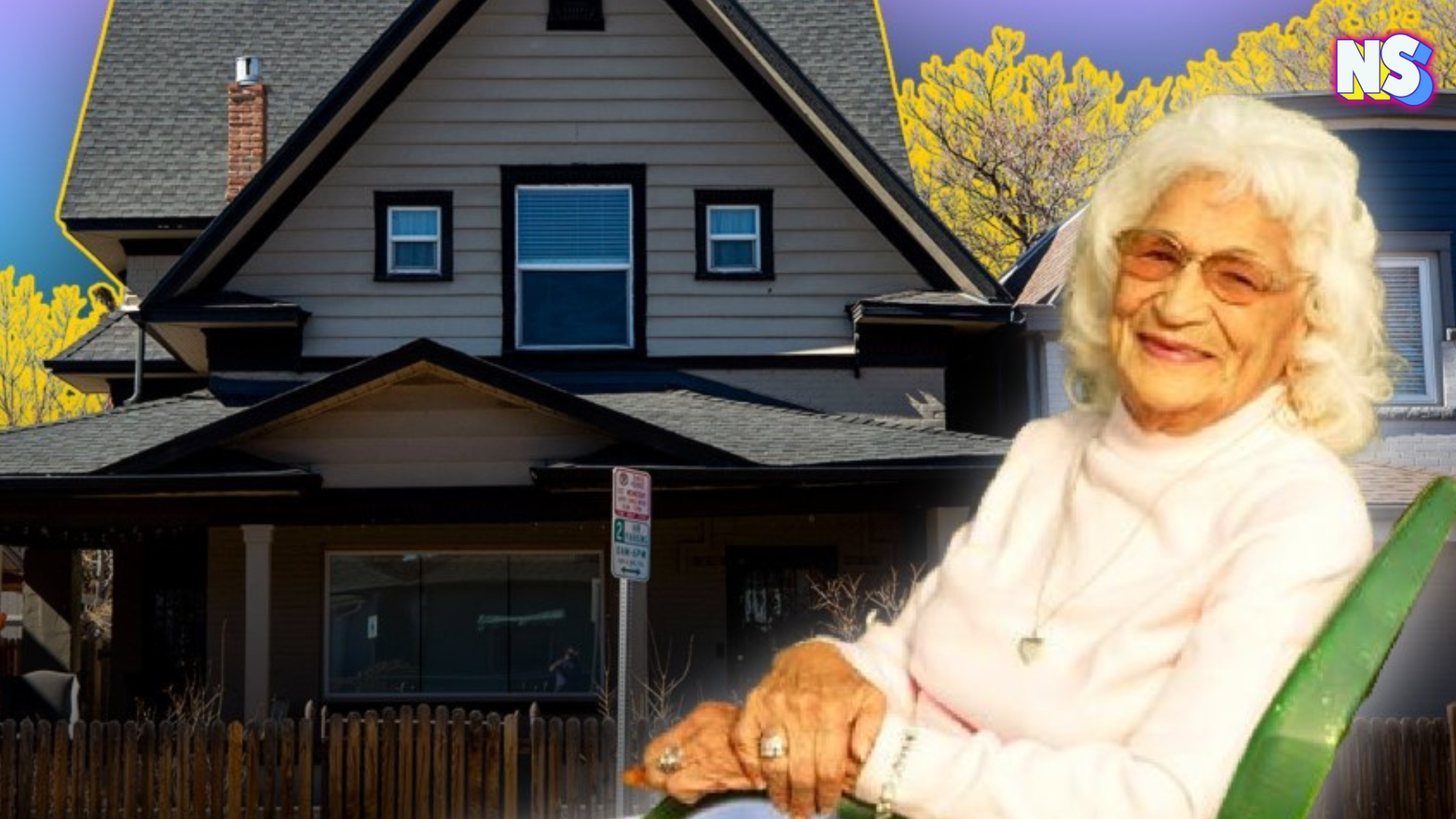Credit: Nuestro Stories
Years before Ellis Island became known as the international thoroughfare of those moving to America, El Segundo Barrio, had all the attention.
El Segundo Barrio is a border town between the United States of Mexico, now commonly known as the “Ellis Island of the Southwest.”
Established in 1885, seven years before Ellis Island opened, El Segundo Barrio is one of El Paso’s oldest neighborhoods. The original “resident” of the area was a campesino named Santiago Alvarado, who had received a land grant to take the place and turn it into a thriving farm land in 1834.
Alvarado may have been the first resident of the area, but he is most certainly not the most well-known name who has made their way through El Segundo. During the Mexican Revolution, Pancho Villa used to love celebrating victories in El Segundo’s bars and had a penchant for the ice cream at the local shop. Simultaneously, Francisco Madero could be found plotting in those same bars, coming up with plans to overthrow Porfirio Diaz. The revolution caused a population boom, as many began to flee Mexico.
By the 1930s, the area was full of under-cared-for tenement buildings with little to no upkeep. The buildings continued to fall into disrepair – the area was known for housing a primarily immigrant population from a wide variety of cultures and countries, and therefore was easy to be left out when it came to the division of the city’s resources. In the late 60s, however, as the Civil Rights movement raged across the country, and the Chicano movement began to build steam on the West Coast, a tragedy hit El Segundo.
Read more: The Beacon Hill School is a Testament to the Power of the People
What happened to the Ellis Island of the Southwest
A tenement without fire escapes caught on fire, and three children died, causing the community to become fed up with the squalid conditions they were being forced to live in. Burgeoning leaders of the Chicano movement began to gather, first at El Sagrado Corazon, and then protesting at City Hall. It spurred the local government to take an “active look at social, political, and economic conditions of south El Paso.”
Though as el barrio continued to grow, the resources were still few and far between. Inevitably, El Segundo was up on the proverbial chopping block through a “Neighborhood Revitalization Strategy” allegedly devised to address El Segundo’s substandard living conditions. Part of the plan, however, was to destroy or demolish a decent amount of the historical buildings and cultural landmarks. Once again, the community sprung into action, protesting enough that the city changed its plans.
El Segundo has now been placed on the Most Endangered Places in Texas by the Texas Preservation Society.
Address: 31.754°N 106.478°W
Location: El Paso, Texas
Experience it here.
https://draft.nuestrostories.com//wp-content/uploads/2022/06/Liv.jpeg





